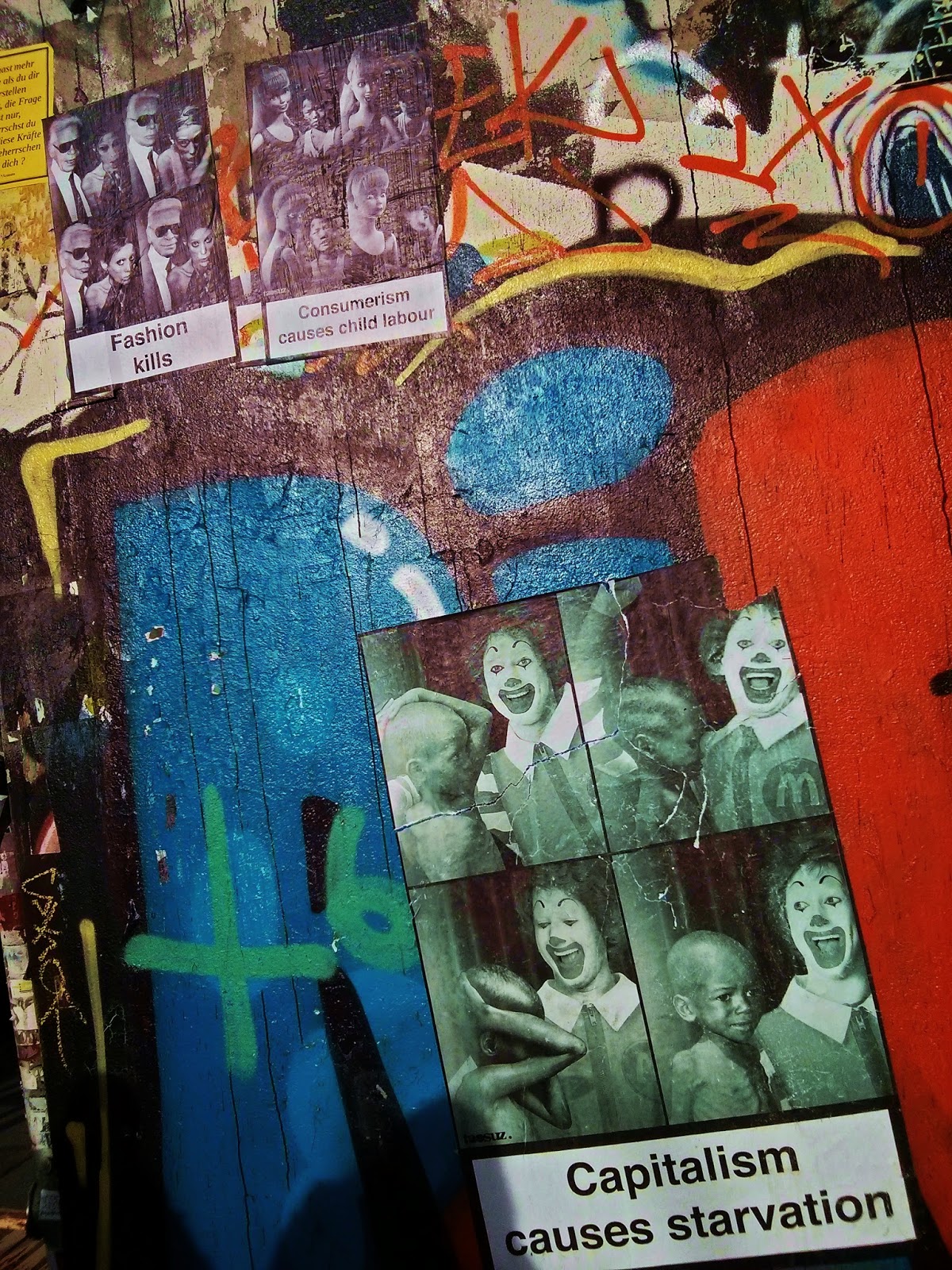“CIA operations follow the same recurring script. First, American business interests abroad are threatened by a popular or democratically elected leader. The people support their leader because he intends to conduct land reform, strengthen unions, redistribute wealth, nationalize foreign-owned industry, and regulate business to protect workers, consumers and the environment. So, on behalf of American business, and often with their help, the CIA mobilizes the opposition.”Well known examples of this included the establishment of a banana republic in Guatemala after the existing government wanted to nationalize the fruit company and intervention in the Middle East to prevent the nationalization of British Oil, one of the catalysts leading to the modern day conflicts in Iraq and Afghanistan.
The influx of capital, mostly through taxes paid to the government, enable developing nations to slowly become developed nations and begin to take on characteristics typical of developed nations such as higher wages, a service oriented economy and mass consumption. As China’s GDP is expected to surpass the GDP of the United States for the first time this year, Chinese workers are beginning to protest for better wages and labour laws to improve their quality of life. The protests are putting pressure on the business models of multinational corporations, such as Adidas, at risk. These corporations initially resist and as pressure mounts, slowly compromise with the workers.
As regulations and wages increase, these corporations will eventually have no choice but to relocate the means of production to undeveloped or less developed countries to maintain profitability. This is already happening as Adidas has been closing down factories in China to move to other locations such as Vietnam, often leaving Chinese workers with nothing and causing even larger protests. Though this movement may hurt the economy of the new developed nations in the short run, as witnessed in North America when manufacturing first began to relocate overseas, in the long run the economy will adapt and new industries will arise.
For now, undeveloped nations are being left in the dust. Their economic progress is being stifled quite blatantly. Resource giants, such as oil companies, are moving in to take advantage of these countries that quite frequently have a corrupt government. The corporations maintain most of the advantage while the people continue to live in poverty. Hostility begins to rise often leading to civil war. This is what is known as the resource curse where undeveloped nations have an abundance of resources and actually become worse off after allowing multinationals to begin extracting those resources. This is not always the case because many countries which we once considered undeveloped have, in recent years, become developing countries.
Our choices in the developed world have the power to affect the world profoundly. Our choice, to pursue the ‘American Dream’, or some derivative of it, drives economies overseas to develop, although not without significant human rights and environmental exploitation. With the precedent of the mass consumption being set in the developed nations and new countries entering developed status, the road ahead appears to contain accelerating climate change, economic instability and proxy wars for resources.
At our current rate of consumption, is such a shift going to be globally sustainable? Can we expect more proxy wars, resource wars or outright war among superpowers in the future?
References and Further Reading
Frankel, Jeffrey A. "The Natural Resource Curse: A Survey." National Bureau of Economic Research (2010). Web. 4 June 2014.
Gates, Bill. "3 Myths That Block Progress For The Poor." Gates Foundation. Jan. 2014. Web. 05 June 2014.
Kaiman, Jonathan. "Strike Spreads at Chinese Supplier toAdidas and Nike." The Guardian. 23 Apr. 2014. Web. 04 June 2014.
Kangas, Steve. "A Timeline of CIA Atrocities." Global Research. 27 Oct. 2013. Web. 04 June 2014.




0 comments:
Post a Comment